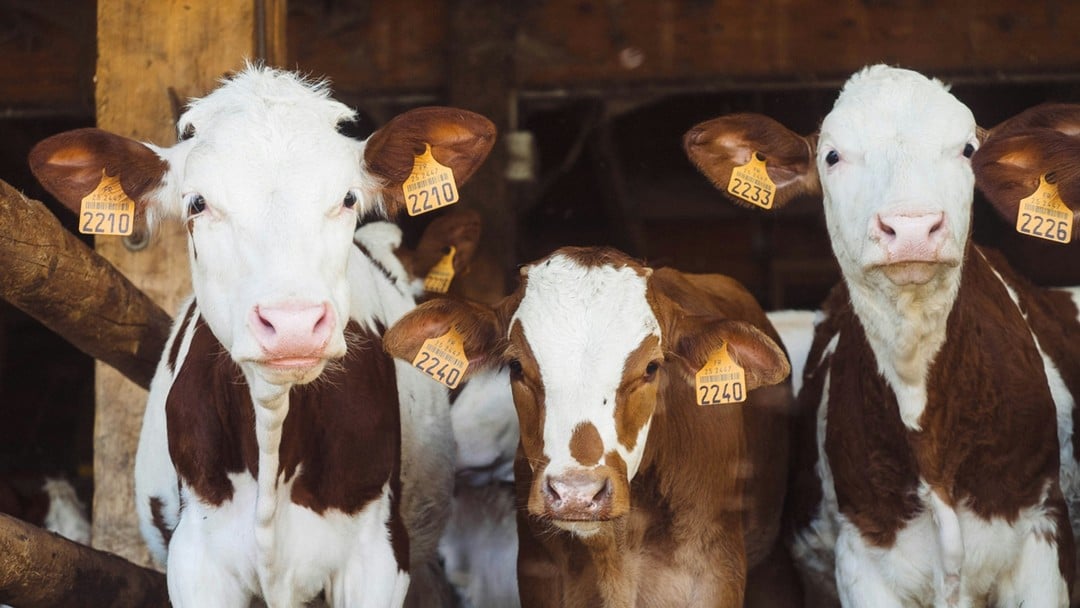Mitigating the tractor tax – can a compromise be found?

Charles Richardson, a Partner specialising in landed estates at Kingsley Napley, discusses the outcry from farmers in response to the inheritance tax changes announced by the government and whether a compromise is possible
The Budget proposals concerning inheritance tax (IHT) on farms and farm businesses have understandably created a furore among farmers and landowners. The Department for Environment, Food and Rural Affairs (Defra) has reportedly been lobbying the Treasury to soften their new IHT policy for 80+ year old farmers, but have been told the policy will be unchanged. Can a different compromise be agreed?
The government’s stance
The government has justified the changes currently on the table by saying they are ‘better targeting reliefs to make them fairer, protecting small family farms’. Their argument is that the way the existing agricultural property relief works is not fair given a very small number of claimants each year claim a significant amount of relief, when the money could better be used to fund public services.
It is certainly the case that successors of wealthy individuals who buy farms and farm it for a short period (two years or more) before death can take advantage of the 100% relief available and pay no inheritance tax on either the land or the proceeds of sale.
However currently that relief is also available to generation-by-generation farming families to safeguard the future of the farm.
The farming community’s reaction
The farming community is in uproar because the Budget proposals involve inheritance tax having to be paid on a proportion of the value of the farm even though it may have been owned by the same family for generations and there may be no intention of selling the farm. The owner’s successors may wish to continue the same business as before, but there is a risk they would either have to sell some of their land in order to fund an inheritance tax bill or have curtailed funds for investment in the business as a result of footing the IHT bill.
What compromise could be found?
When the owner of scenic land dies there is already a separate exemption from inheritance tax, known as a conditional exemption, which the deceased owner’s successors can claim if they make various undertakings largely to do with the management of the land. Then, if this conditional exemption is claimed, inheritance tax on the owner’s death is deferred until the land is sold or the undertakings are breached. In those cases, broadly, the deferred inheritance tax becomes payable on the sale proceeds, or the value of the land when the undertakings are breached. When calculating this clawback charge the proceeds or value will not be reduced for inheritance tax purposes by agricultural property relief.
How about introducing a similar form of conditional exemption to replace the current Budget proposals? If such a new conditional exemption were to be claimed, tax on the otherwise chargeable part of the value of the farm under the Budget proposals would be deferred, but the government would know that the deferred tax will be collected on a future sale of the farm or if and when the undertakings are breached.
The benefit of this idea to the landowner’s successors is that they will retain ownership of the whole farm and farming business indefinitely, with the deferred inheritance tax having to be paid only on sale or when undertakings are breached or withdrawn. This will be entirely under the successors’ control.
Little has been heard about the current conditional exemption over scenic land because not all land in the UK will qualify as scenic and also because the widespread availability of 100% agricultural property relief means that it usually does not have to be considered. However, it could form the basis of a new conditional exemption over farms and farming businesses.
Would the government consider a compromise along these lines?
Chancellor Rachel Reeves has so far shown little willingness to engage with the farming community by all reports. But if the government refuses to budge altogether, especially after the protests in Parliament Square, they risk a public relations disaster for potentially not a huge upside for the taxpayer. Although the current proposed changes may raise some tax revenue once introduced in order to help fund public services, angry landowners will doubtless be doing all the planning they can to ensure that the government receives as little as possible.

